How rigid thinking impacts your mind and body
How often do we use the words I need to, or I really should, to the extent that they become almost a habit or reflex, a repetitive thought pattern that can lead to repetitive action, which goes unchallenged and may even go against what is best for us? For many of us, the lines between discipline, compulsion and freedom become blurred. These patterns can exist in our working lives or exercise regimens, and also in the context of health and wellbeing.
As winter clings on for a few more long weeks, those phrases like needing to or really should may seem ubiquitous as we try to manage looking after ourselves while the days are still short, the mornings freezing, and our bodies long for more sleep and time indoors. We’ve written before about how in winter we can mistake fatigue for failure, rest for regression. Winter perhaps tests us the most, as we might struggle to do the same things we seem to have more energy for in summer or spring, and if we forget to slow down and adapt with the seasons. We might find ourselves feeling like we’re preoccupied by shoulds and musts, in a frustrating inner dialogue that’s difficult to break free from.
A recent Psyche by Danielle Doucette article discusses the way rigidity in our thinking can impact our health, relationships and happiness:
As you become more aware of rigid rules, you may gain insight into how certain rules are not as effective as they once seemed to be, or how applying rules in every context is not always helpful. There might be moments when a rule is effective and in line with your valued goals, and other moments when compromise and flexibility are needed.
Creating distance between ourselves and the rules we create is one way that Doucette suggests we can live with a little more fluidity and flexibility in our thinking. Like any shift in habit, this takes time. Doucette suggests taking a pause, a breath, and recognising that the rule is simply a thought going through our heads, not something we must absolutely follow. Recognising such rules as thoughts, not imperatives or must-do’s, enables us to see them from a small distance. It’s a refreshing way of thinking, and changing our thinking, by being conscious of the ways we adhere to our own rules without sometimes questioning them.
Thinking that at this time of year we should get up earlier, we should be more social, we should do this or that to prepare for a new season, adds to the weight of our inner expectations about what we do with our days and weeks. In some discourse, wellness is often reduced to a list of enumerated must-do’s or top tips, which although may aim to distill overwhelming amounts of information in a helpful way, can have the reverse effect of making us feel that we have failed by omission, or wrong if something on the list feels inaccessible or just not right for us.
The iconic quote from writer Annie Dillard: ‘How we spend our days is, of course, how we spend our lives’, is an immutable reminder that sometimes it’s good to relax the rules. Dillard continues: ‘What we do with this hour, and that one, is what we are doing.’ And maybe it doesn’t matter exactly what we are doing, whether it’s what we planned or thought we should do, and if it’s not - then that’s okay, too.
Words by Katherine Brabon


